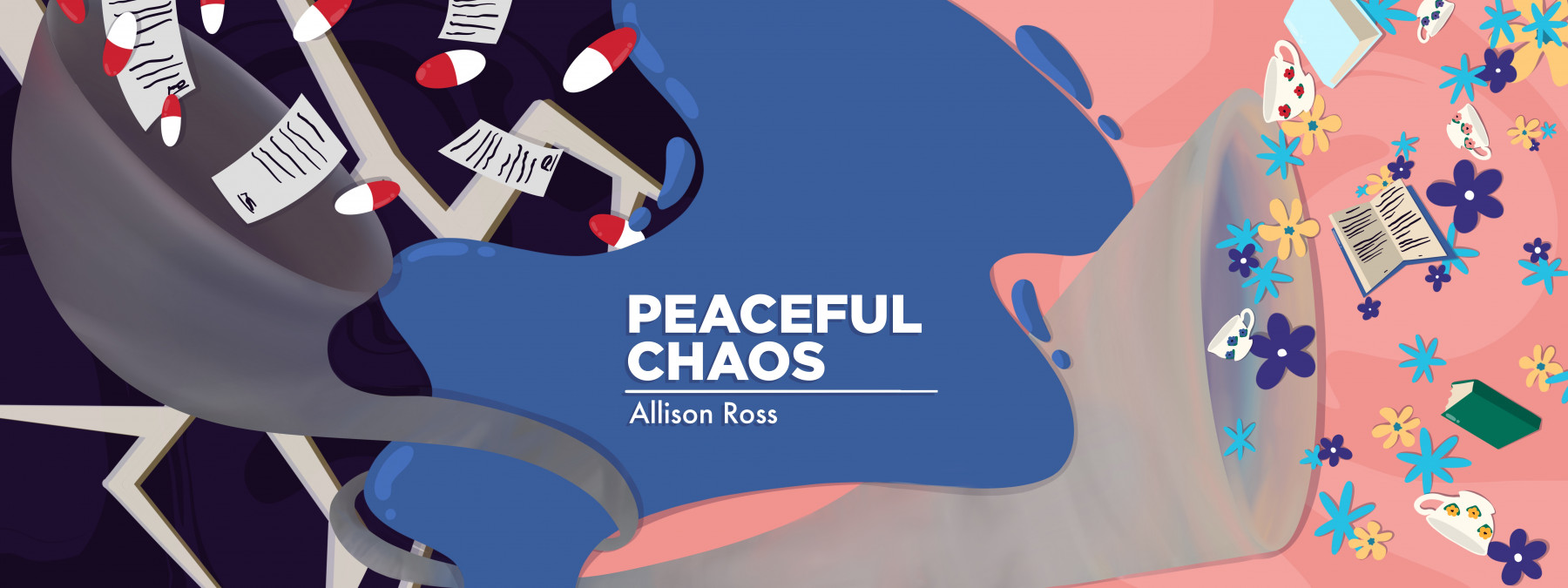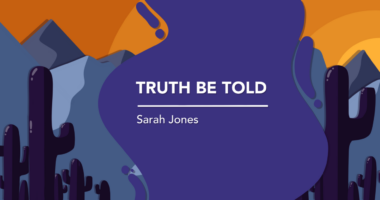Music as a Healthy Coping Methodology

Many people think music is a luxury. Others call it a necessity. But everyone agrees that music is enjoyable and rounds out a full life with everything the earthly and spiritual worlds have to offer.
As a vasculitis patient, I’d like to add one more level of consideration. Music to me is a basic healthcare tool — no different than medications, sleep, or a balanced diet.
Society readily accepts that the arts are a balm for the soul. They soothe, relax, and heal us. We know of the scientifically proven benefits of music as an effective agent to combat issues like depression, anxiety, and insomnia. In the past few decades, the field of music therapy has expanded in research and resources to be an option for those with trauma or mild behavioral challenges.
In my life, there’s an additional layer. I’ve been a professional musician since graduating from college. While I experience the catharsis of music firsthand, there’s also another perspective: It’s hard work. I spend multiple hours every day scrutinizing notes and rhythms, instrumental techniques, and the psychology of performance.
Music does have its calming effects, but for me most days, it’s a job.
When I do have time to appreciate art for art’s sake, playing is indeed therapy for me. It reminds me that even though I’ve been diagnosed with this illness, I can still teach and perform what I love. And it’s empowering to realize that vasculitis symptoms don’t overshadow my abilities or talents. I can also share my music with others who may find some joy in it.
We know that self-care can take many forms. Everyone is different, and for some people, it’s therapeutic to take a hot bath, garden, tend to houseplants, or eat a decadent dessert. For many, the companionship, support, and loyalty of animals are the greatest comfort imaginable.
I would posit that music deserves a place on this list. It’s as much a disease management tool as any of the other elements that make up a health-focused lifestyle.
After all, we know that what affects the physical body also moves the mind and touches the spirit. If so much of our vasculitis struggle is psychological, then we heal all parts of our being with music.
The versatility shouldn’t be taken for granted, either! There is such a wide variety of genres, artists, and sounds that you can find something for every mood. Whether you prefer the calming strains of jazz to accompany your homemade dinner or upbeat rock ‘n’ roll to encourage you to do the dishes afterward, you’ll find what you need to match your internal energy.
In the early days of the COVID-19 pandemic, many people were blue, frustrated, or downright depressed. Personally, I didn’t have serious issues, but I did feel the same sense of being cooped up that so many others felt — and it took its toll. As an extrovert, I missed the flurry of activity that a normal April would’ve brought.
So I came up with an eclectic playlist of upbeat tunes in all genres to brighten my outlook. Searching specifically for the songs that lifted my spirits was an interesting exercise. It made me realize how many music types I listen to and that I have a go-to for every mood.
You don’t have to be a professional musician — or even a trained one — to benefit from the playlist. I know some people who use music in place of meditation, making finger patterns their focus and shifting harmonies their zen. Whether you put a favorite record on the turntable or pick up an instrument to create beautiful sounds yourself, you’ll reap the joy of music as a self-regulatory tool.
“Music is the language of the spirit. It opens the secret of life, bringing peace and abolishing strife.” — Kahlil Gibran
Note: ANCA Vasculitis News is strictly a news and information website about the disease. It does not provide medical advice, diagnosis, or treatment. This content is not intended to be a substitute for professional medical advice, diagnosis, or treatment. Always seek the advice of your physician or other qualified health provider with any questions you may have regarding a medical condition. Never disregard professional medical advice or delay in seeking it because of something you have read on this website. The opinions expressed in this column are not those of ANCA Vasculitis News or its parent company, Bionews, and are intended to spark discussion about issues pertaining to ANCA vasculitis.








Leave a comment
Fill in the required fields to post. Your email address will not be published.